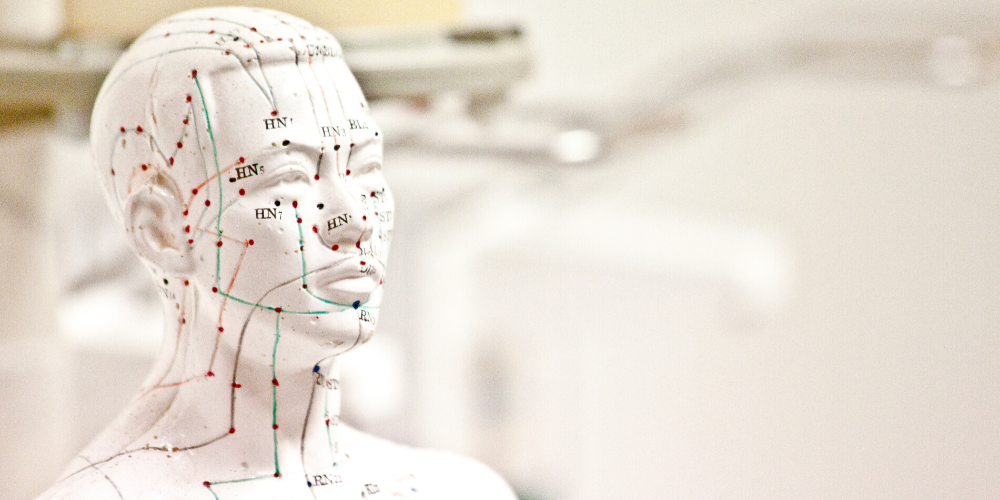Fast & Free Shipping In The US

Acupuncture is a practice dating back for centuries, classified as a Traditional Chinese Medicine, that is based on the concept that the body’s life energy needs to be able to flow without disturbance to avoid health issues. In this treatment, thin needles are placed into specific points on the body to help redirect the flow of the body’s “qi”, or life energy, and stimulate healing and relaxation. According to the theories of this practice, there are more than 1,000 points on the body that are aligned with a different energy channel or organ system.
The research about how acupuncture works in practice is ongoing and uncertain, but plenty of people have come up with their own theories, including that the needles stimulate the body’s production of endorphins, which naturally relieve pain and help you feel better in general. Regardless of how it works, using this treatment has several different benefits.
Some of the biggest advantages of using acupuncture include:
This treatment can provide other benefits, and is often used to treat conditions like:
The Treatment Process
Having an acupuncture treatment is going to be a unique experience, but it isn’t one that you should stress about too much. It may be slightly painful or uncomfortable at first, but that will ease over time and you can enjoy the feeling of your body releasing all of the toxins that have been building up over time.
The acupuncturist will have you lay down in a way that fits with whatever issues you need to be addressed. Then, they will begin the treatment by placing the needles, slowly and one-by-one, until they have all been put into place. Make sure that if you feel any serious pain or discomfort during the process, stop immediately and speak up. Although this practice has a lot of promise, it could also be dangerous.
The Bottom Line
As with any treatment that you consider, acupuncture is one that you should get familiar with before you decide for sure. The good news is that there are certainly plenty of possible benefits to be had from this practice for those who aren’t timid about needles. Although there is still much research to be done, early reports show signs of a promising future for this treatment, medically or otherwise.